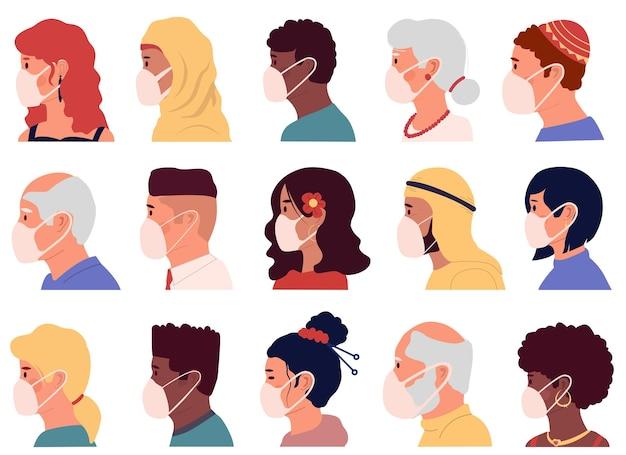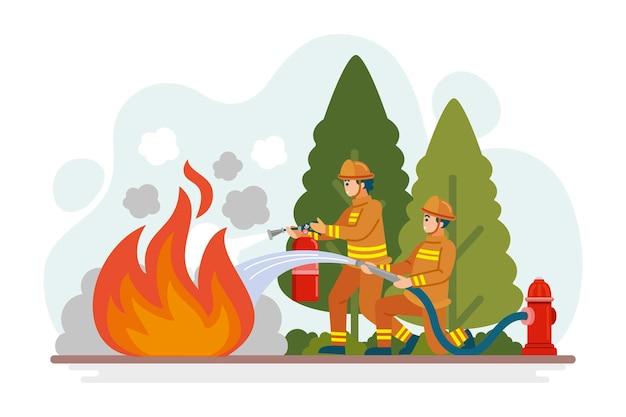In today’s fast-paced and highly interconnected world, the concept of individual rights and public order is more important than ever. As individuals, we cherish our rights and freedoms, but these rights must sometimes be limited or balanced against the need for public order. This delicate balance ensures that society functions smoothly and that the rights of individuals are respected while also maintaining overall safety and harmony.
But what exactly is the difference between individual rights and public order? Are our rights absolute, or can they be limited? How does the concept of the common good come into play? Join us as we delve into these questions and explore the nuances of individual rights and public order. From understanding the limitations of our rights to discovering the importance of a well-functioning society, this blog post aims to shed light on this often debated and complex topic. So, let’s dive in and explore the fascinating world of individual rights and public order in the year 2023.

What’s the Deal with Individual Rights and Public Order?
We often hear the terms “individual rights” and “public order” thrown around, but what do they really mean? Are they two sides of the same coin or are they at odds with each other? Let’s dive into the fascinating world of civil liberties and societal harmony and uncover the difference between these two concepts.
The Battle Begins: Individual Rights Vs. Public Order
Individual rights refer to the rights and freedoms that every person is entitled to. These include the right to free speech, freedom of religion, and the right to privacy, among others. In the land of the free, these rights are cherished and protected by the Constitution.
On the other hand, we have public order, the concept that aims to maintain peace, stability, and safety in society. It encompasses laws, regulations, and the enforcement of order. Think of it as the referee that steps in when things get chaotic on the societal playing field.
Balancing Act: Walking the Tightrope Between Individual Rights and Public Order
While individual rights and public order appear to be in conflict, the truth is that they are inherently interconnected. In a perfect world, we could exercise all our rights without causing chaos, but reality often throws us a curveball.
To strike a balance, certain limitations may be imposed on individual rights to ensure public order. For example, your right to free speech does not extend to shouting “fire” in a crowded theater. As the saying goes, your rights end where another person’s nose begins.
Exceptions Are Like Unicorns: When Individual Rights Trump Public Order
In some circumstances, individual rights may triumph over the needs of public order. These exceptions usually arise when a specific right is deemed fundamental and crucial to the functioning of a democratic society.
For instance, the right to protest peacefully is often protected, even if it temporarily disrupts public order. After all, civil disobedience has been an essential catalyst for positive social change throughout history.
Can’t We All Just Get Along
While individual rights and public order can sometimes butt heads, they are not mortal enemies. In fact, they exist to complement and reinforce each other. Respecting individual rights ultimately leads to a stronger public order, as it fosters a sense of justice, equality, and harmony.
By acknowledging the importance of both individual rights and public order, society can find a middle ground that protects personal freedoms while maintaining a secure and functional environment.
Wrapping It Up
Now you know the difference between individual rights and public order. They may seem like polar opposites, but they coexist in a delicate dance, each playing a vital role in the fabric of society.
So next time you exercise your rights or witness the enforcement of public order, remember that both sides have a role to play in creating a truly balanced and harmonious society.

FAQ: What is the Difference Between Individual Rights and Public Order?
Can our rights and freedoms be limited
Absolutely! As much as we cherish our rights and freedoms, there are instances where limitations come into play. Our rights are not a free pass to do whatever we please without consequences. It’s like having a slice of cake—we can enjoy it, but we can’t hog the whole thing!
Are rights in the Bill of Rights absolute
Well, not entirely. While the Bill of Rights ensures certain fundamental freedoms, they aren’t absolute. Think of it as being at a buffet—you have lots of options, but you can’t just pile your plate up to the ceiling. There are still limits, my friend!
How many human rights are absolute
Ah, now that’s an interesting question! When it comes to absolute human rights, there are actually quite a few. We’re talking about the non-negotiables, the ones that can’t be taken away no matter what. In the United States, we’re proud to have at least five absolute human rights. It’s like having a cheat code in a video game—unstoppable!
What is the difference between individual rights and public order
Ah, the eternal tug-of-war between individual rights and maintaining public order—how do they differ? Well, it’s like walking a tightrope. Individual rights are like our personal desires and freedoms, while public order is the framework that holds society together. Sometimes, we need to make a few compromises to strike the right balance. It’s like jazz music—individual rights improvise, public order sets the rhythm!
Are fundamental rights absolute? Give the reason.
Now here’s an intriguing query! Unfortunately, fundamental rights aren’t absolutely absolute. As much as we’d love them to be, there are situations where they can be limited to ensure the greater good. It’s like having a delicious cookie—sometimes, you have to share it with others instead of devouring the whole thing yourself. Sharing is caring, after all!
What are the disadvantages of human rights
Well, like everything in life, human rights aren’t without their drawbacks. While they provide us with essential protections, they can also lead to some challenges. One disadvantage is that in certain situations, our individual rights may clash with the needs of society. It’s like a never-ending game of rock-paper-scissors—sometimes, individual rights trump public order, and other times, public order prevails. It’s a delicate balance!
What is a common good society
Ah, the concept of a common good society—a utopia where we all get along and work towards the greater good. In this harmonious state, individuals prioritize the well-being of the community rather than solely pursuing their self-interest. It’s like being part of an amazing team where everyone has a role to play. Together, we can achieve greatness!
And there you have it—FAQs answered with a sprinkle of humor and a dash of knowledge! Remember, while our rights are essential, they aren’t without limitations. Finding the right balance between individual rights and public order is like juggling flaming torches—tricky, but achievable. So, let’s cherish our rights, respect the needs of society, and rock the boat of life with joy and responsibility!
